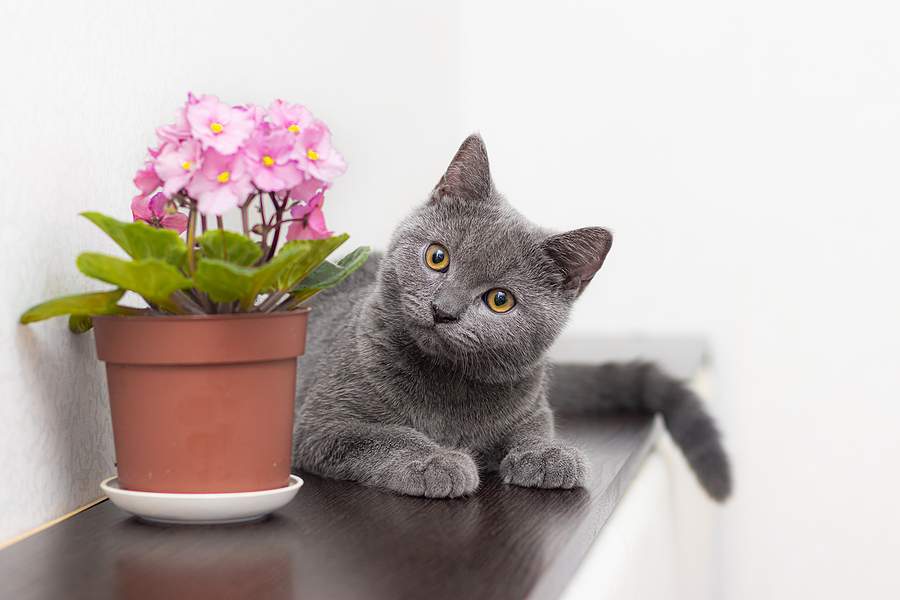Dogs and cats are curious creatures, and sometimes they get into things their owners never dreamed would be harmful to them. With information reported by the American Society for the Prevention of Cruelty to Animals (ASPCA), Midland Pet Center highlights some of the most common pet poisons below. We sincerely hope this will help save animals’ lives and prevent serious injury or illness.
Top Pet Poisons According to ASPCA
Over the counter and prescription medications meant for humans are by far the most ingested household items by pets. Together, accidental ingestion of these two types of drugs account for more than 35 percent of calls to emergency veterinarians and pet poison hotlines. When you store medication in your purse, backpack, or any other non-secure location, it is all too easy for your pet to investigate, eat the medications, and end up sick.
Some of the top non-prescription medications eaten by pets include herbal supplements, acetaminophen, and joint rubs. Anti-depressants, cardiac medication, and thyroid medication are the top prescription medications ingested by family pets. Fortunately, this problem is easily resolvable by always keeping your medications in an enclosed cabinet that your pets cannot reach. Other common pet poisons include:
- Garden products: Organic fertilizers, mulch, and herbicides can make your pet seriously ill. Dogs have a special attraction to chocolate mulch and can consume a large amount in a short time. Be sure to keep your pets in the house or in an outdoor kennel when working in the garden.
- Household cleaning and home improvement projects: Cleaning products such as toilet bowl cleaner, dishwasher detergent tabs, and furniture polish can be dangerous to animals even in small amounts. These products are more likely to cause illness while home improvement products are more likely to cause injury. Consider containing your pet in another room while you clean and put items like nails and paintbrushes away immediately after using them.
- Human food: This especially pertains to chocolate, raisins, garlic, onions, grapes, and the sugar substitute Xylitol. Chocolate and Xylitol can make pets extremely sick even in small amounts, and the other types of foods present a serious choking hazard. Resist the temptation to give your pet any human food and always supervise pets around food.
- Pest treatments: Chemicals used to kill rats and mice are especially problematic if ingested by the family pet. Your dog or cat can have an extreme reaction such as a seizure, bleeding, or immediate kidney failure. Ingesting rodenticide or pesticide could even be fatal. You should never allow your pet to investigate an area where you recently sprayed. If you have an especially curious pet, you may want to consider a different method of pest control.
- Plants: Most pet poisoning via plant comes from cats who chew on or swallow lilies. Although no pet should eat plants, this is an especially dangerous combination. Before you bring plants in the house, make sure you can place them in a location that your pet cannot reach or keep them in your bedroom with the door shut.
- Veterinary medications: To a dog or cat, chewable medication is a tasty treat. You should treat veterinary medications just like human medications and keep them out of your pet’s reach.
These are just some of the many items in your home that could get your pet into trouble. Don’t hesitate to ask your veterinarian for additional tips if you think your home could pose more dangers. When the time comes to say good-bye to your pet, Midlands Pet Care is here for you.

